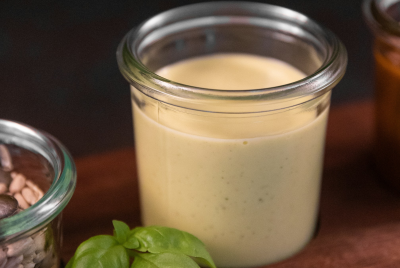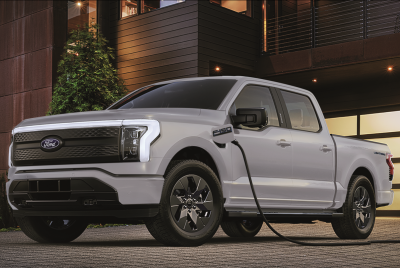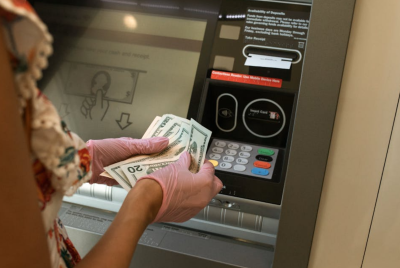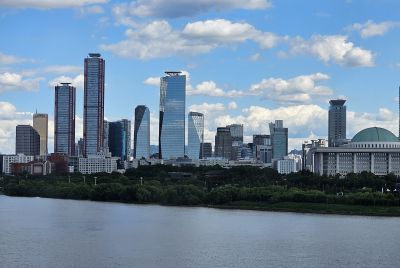First post-Brexit UK trade deal upholds net zero commitments
From June 1st onwards, businesses in the United Kingdom can sell their products in New Zealand and Australia in a more hassle-free manner as the Australia and New Zealand trade deal comes into force.
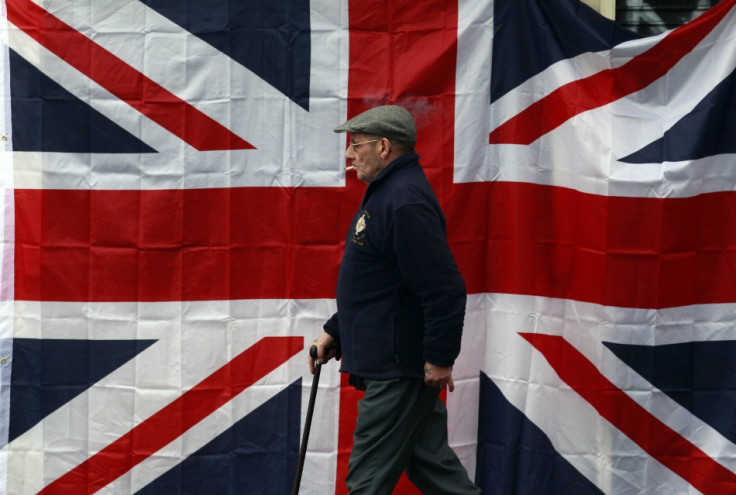
From Thursday, June 1 onwards businesses in the United Kingdom can sell their products in New Zealand and Australia in a more hassle-free manner as the Australia and New Zealand trade deal comes into force. Touted as the first post-Brexit trade deal all eyes are on the outcome of this deal.
Today is a historic moment as our first trade deals to be negotiated post-Brexit come into effect. Businesses up and down the country will now be able to reap the rewards of our status as an independent trading nation and seize new opportunities, driving economic growth, innovation and higher wages.
At present, there are special shipments from the UK up for export. This includes Burleigh Pottery, Brighton Gin, Penderyn Single Malt Welsh Whisky, Fever-Tree Mixers, personalised Cambridge satchels and Beano comics, amongst many other things.
These items were handpicked by the UK to send to the trade ministers of New Zealand and Australia as part of a special consignment overseen by Trade Minister Nigel Huddleston.
Australia and New Zealand are two of our closest friends and like-minded partners and our trade deals secure favourable terms for British exporters, removing tariffs on all UK goods and slashing red tape.
Huddleston is touring near Heathrow at the DHL Southern Distribution Centre to check that the hand-picked consignments were sent properly. As a pledge of good faith autographed Emma Lamb and James Anderson cricket bats, Cambridge Gray's tennis racket and Welsh rugby shirt has been sent to the Aussie and the Kiwi trade ministers.
Why is it crucial?
This trade deal is crucial as the tariffs for UK goods have been removed. As a result, consumers in the UK could encounter lower prices. Prices of wine, kiwi fruit and tim tams could reduce in the UK market in the near future. UK manufacturers can also get low-priced machinery products.
Other than tariffs benefits and easy market access this deal removes much of the red-tapism and bureaucratic hurdles as work visas and digital trade become easier.
Not just that, the trade deal takes into account every region of the UK as they are likely to gain from this deal which will boost the economy.
Banking on this deal, trade relations with New Zealand and Australia are set to increase by 59 per cent and 53 per cent respectively.
The new deal is part of the UK's strategic move towards expanding trade relations in the Indo-Pacific region which has £12 trillion GDP capacity once it starts. This is part of the Comprehensive and Progressive Agreement for Trans-Pacific Partnership (CPTPP).
How will it help?
The deal also includes Youth Mobility and Working Holiday Maker visa schemes which will help the youth of the country as British youths 35 years of age or more can stay in Australia for 3 years now. They don't require any work requirements and the age limit has gone up from 30. The 3-year staying provision comes into effect from July 2024 while the age limit is applicable from July this year.
The trade deal has changed the age range for the Aussie and the youths Kiwi as well. The Aussie youths of 18-35 years of age can now stay in the UK for 3 years from January 31, 2024.
With this deal in place, UK businesses can now access Australian public sector contracts amounting to £10 billion annually. They can also take part in high investment screening in New Zealand.
Service suppliers in the UK get free access to Australian work visas which don't require them to list changes in occupation. This will make them more employable in New Zealand and Australia.
The deal upholds net zero commitments
The new free trade agreements with Australia and New Zealand provide businesses with a great opportunity to capitalise on the demand in these markets for British goods. The deals include robust protections for British farmers, including staging tariff liberalisation for sensitive goods over time.
DHL which is handling the air freight of these consignments has enhanced its low carbon emission operation efforts and has pledged zero emissions by 2050. Every day, the company ferries 100,000 or more shipments from the UK to New Zealand, Australia and other CPTPP nations.
The deal encourages low-carbon technology and goods and seeks to lower tariffs on them in order to become a low-carbon economy. This reiterates the UK's commitment to net zero and the Paris Agreement.
Many of the companies which have their products in the consignments echoed these sentiments. The Founder of Brighton Gin underlined how this will help the British gin industry as trade barriers are removed.
Frugalpac which makes eco-friendly bottles for spirits and wines welcomed this new deal. Their 94 per cent recycled paperboard bottles are available in New Zealand and Australia along with 22 other countries. They think that the free trade agreement will help them export their machines and they can play a crucial role in decarbonising the wine industry in the two countries.
© Copyright IBTimes 2025. All rights reserved.






